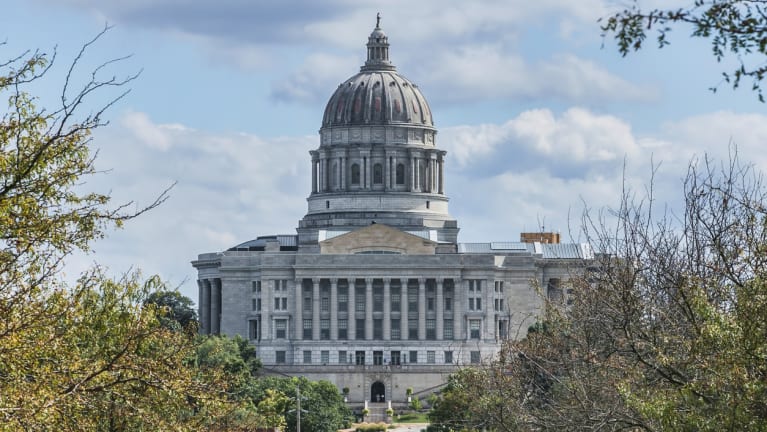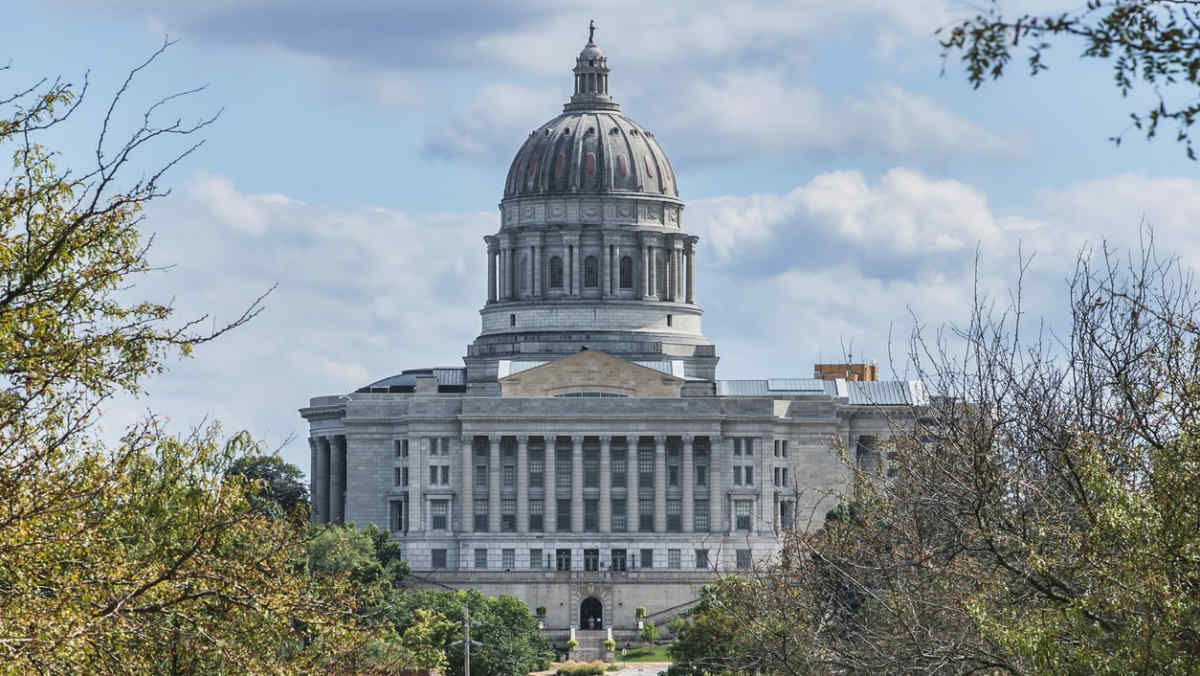

?On Jan. 26, in the long-awaited opinion in Mothering Justice v. Attorney General, a three-judge panel of the Michigan Court of Appeals ruled in a 3–0 opinion that the Michigan Paid Medical Leave Act (PMLA) and Michigan Improved Workforce Opportunity Wage Act, as implemented in March 2019, will remain in place.
Although we anticipate an appeal to the Michigan Supreme Court will follow, employers can breathe a sigh of relief for now. No changes to existing state-mandated paid medical leave or increase to minimum wages need to be made.
Background
On July 19, 2022, the Michigan Court of Claims held that the “adopt-and-amend” strategy the Michigan Legislature used to enact an amended version of the Improved Workforce Opportunity Wage Act and PMLA was unconstitutional. As a result of this ruling, Michigan’s minimum wage would have increased immediately to $12 per hour. The ruling also would have immediately and significantly changed employer obligations under the PMLA by expanding the scope of employers required to provide paid medical leave and the scope of employees entitled to paid medical leave, while increasing the annual amount of paid medical leave for certain employers from 40 to 72 hours. It also would have brought back the private cause of action contained in the original initiative, allowing employees to pursue claims against their employers in court for violations.
However, on July 29, 2022, the Michigan Court of Claims issued a stay of its July 19, 2022, decision. The stay delayed the changes, and an appeal to the Michigan Court of Appeals ensued. As the stay was set to expire on Feb. 19, 2023, employers have been eagerly anticipating the instant ruling and contemplating how to revise their paid medical leave policies.
The Court of Appeals’ Opinion
Before turning to its decision, the Michigan Court of Appeals emphasized that its conclusions were based on the Michigan Constitution and precedents, rather than whether the legislation was good public policy. The Court of Appeals ultimately concluded that the legislature did not exceed its powers because:
- After the legislature timely acted within 40 session days of receiving the petitions, it adopted the proposed laws in their entirety.
- Once enacted as law, these public acts were “on the same footing as all other legislation” passed by the legislature and could be subject to amendment at any time, including during the same legislative session.
The plain text of the state constitution only precludes the legislature from amending referendums in the same session, not initiated laws. There was no explicit language restricting amendments of law during the same session.
Statements from the record of the constitutional convention in 1962 indicated that, once the legislature adopts a petition, it has full control to “‘amend it and do anything they see fit.'”
The Court of Appeals specifically noted the main purpose of the initiative—”to provide the people with an avenue to force the legislature to address a subject that the people felt needed to be addressed”—was accomplished. The legislature, in amending the proposals, “continued to address those issues with all the legislators’ constituents’ interests in mind.” Thus, the Court of Appeals held that the legislature was not prohibited from adopting and amending the laws in the same session, granted the state’s motion, and dismissed the appeal with the opinion to have immediate effect.
For now, employers can stay the course and continue to provide paid medical leave in accordance with the Paid Medical Leave Act, which went into effect in March 2019, and maintain the minimum wage at $10.10 per hour. However, as an appeal is expected, employers may want to keep an eye on this case for any further developments.
Daniel G. Cohen and Heather G. Ptasznik are attorneys with Ogletree Deakins in Detroit. © 2023. All rights reserved. Reprinted with permission.
